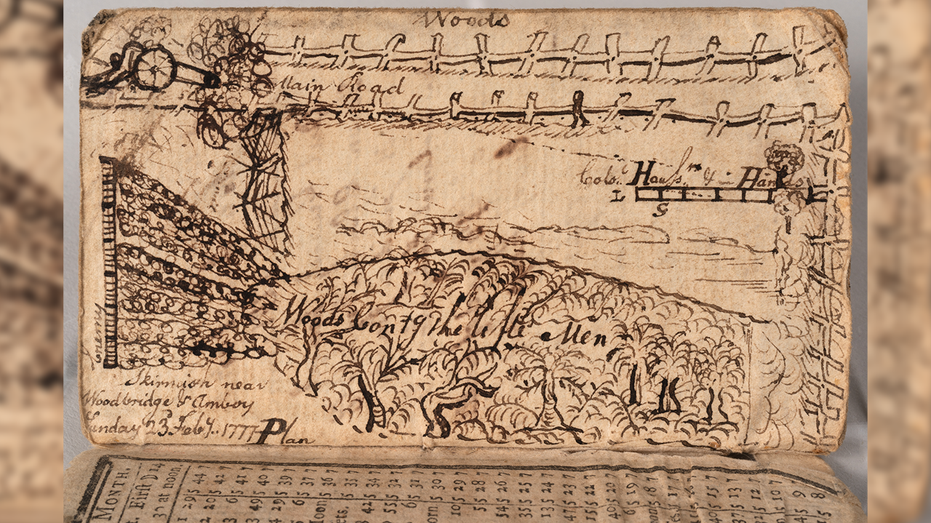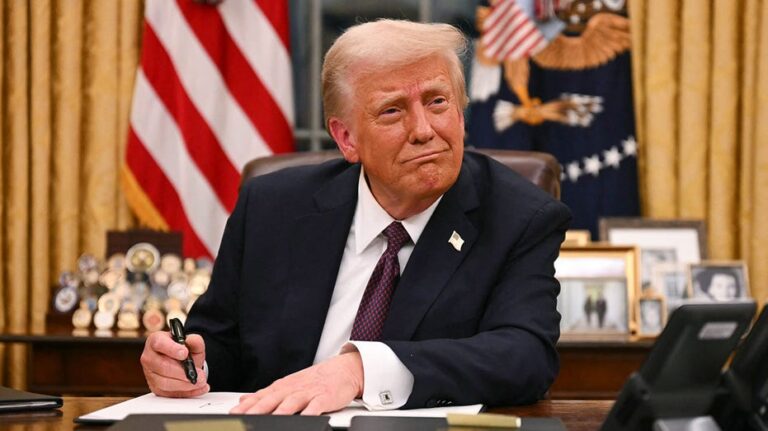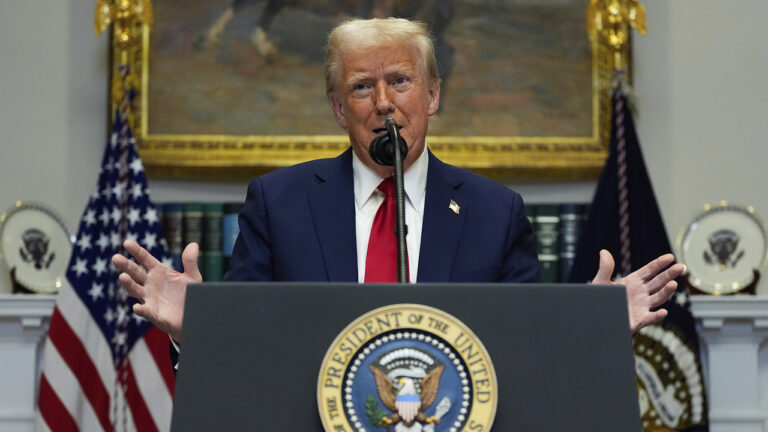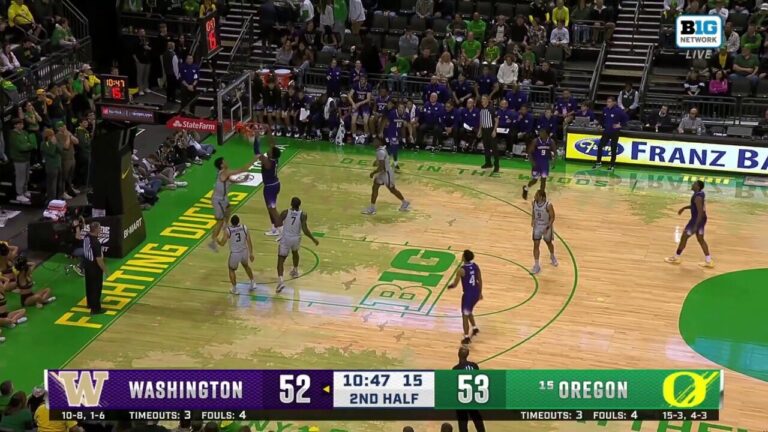
An animal skin wallet and wartime papers belonging to Continental Army Officer Samuel Gerock have been donated to the Museum of the American Revolution in Philadelphia.
Rare artifacts belonging to an officer in the German Regiment of the Continental Army have been donated to the Museum of the American Revolution in Philadelphia.
A wallet made by Continental Army Lt. Samuel Gerock gives a first-hand account of the battles of Trenton and Princeton as well as lesser-known battles, according to the museum’s press release.
The wallet is made from the animal skin drumhead of a drum carried by his regiment detailed with ink inscriptions containing a pocket-sized almanac and wartime papers inside the wallet.
FLORIDA ARTIST’S PATRIOTIC ANDY WARHOL PIECE FEATURED AT POPULAR EVENT DRAWING THOUSANDS OF VISITORS
Gerock lived in Baltimore, Maryland, before settling in New Bern, North Carolina, after the war.
“His papers not only showcase new information about the Revolutionary War, but they help to reveal the various ways veterans proved their service afterward in order to receive financial assistance,” said Matthew Skic, the museum’s senior curator.
For more Lifestyle articles, visit foxnews.com/lifestyle
“Gerock’s testimony, paired with the fact that these documents survive, is rare and historically valuable.”
In his pocket almanac, Gerock sketched the Battle of Spanktown that took place near Woodbridge, New Jersey, Feb. 23, 1777.
Gerock brought these items to a courthouse in 1818 to apply for financial assistance from the federal government for his Revolutionary War service.
CLICK HERE TO SIGN UP FOR OUR LIFESTYLE NEWSLETTER
The artifacts were in possession of Gerock’s descendants, and his great-great-great-granddaughter, Nanette Reid Osborne, donated the items in honor of her mother.
“I didn’t know that people would find them interesting, but they do, and I’m just really happy that we were able to donate them to the museum so as many people as possible can see and learn from them,” said Osborne, according to the release.
“I’ve always felt like these objects shouldn’t be stuck in a drawer somewhere.”
The artifacts are on display at the museum in the second-floor Oneida Indian Nation Atrium.






